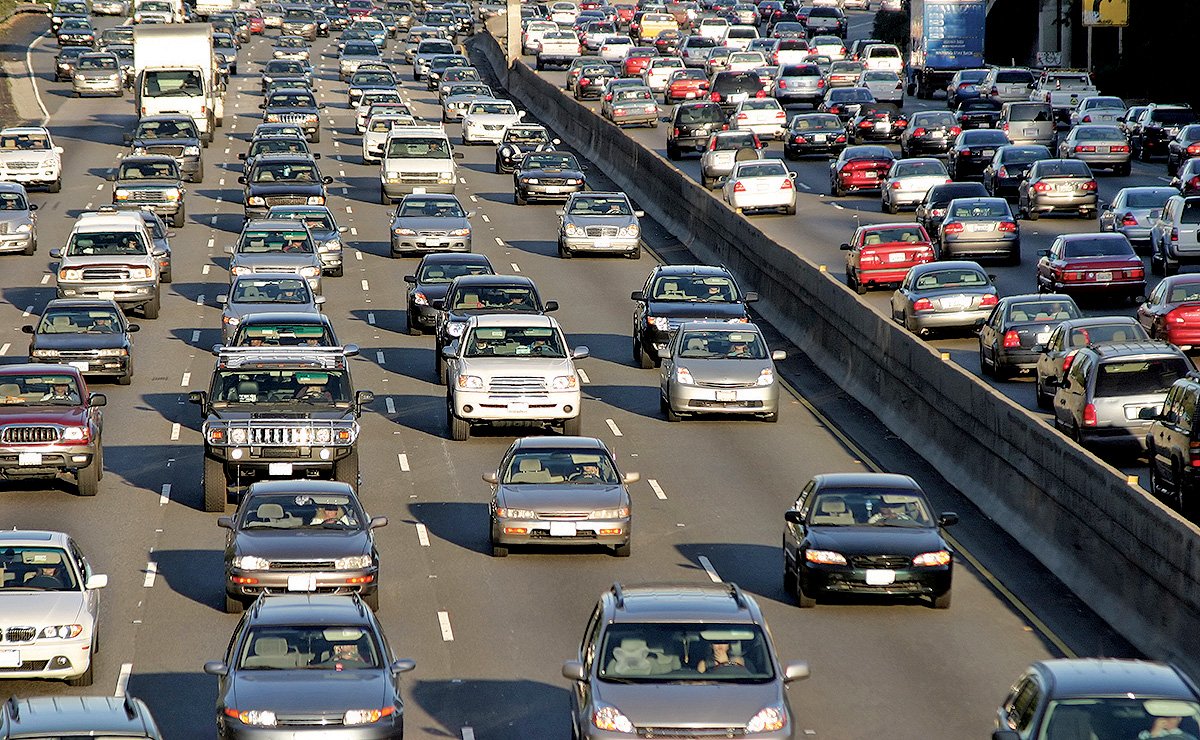| More personal car trips, fewer shared rides post-COVID-19, survey finds |

The auto industry can expect to see a lot of dramatic changes in consumer behavior regarding mobility in a post-COVID-19 world.
That’s according to a survey of more than 25,000 U.S. customers by the IBM Institute for Business Value. The survey, conducted in April and published last week, found that personal behavior and preferences for transportation – along with retail, work and event attendance – are likely to change as a result of the pandemic.
On the mobility front, many consumers indicated they plan to reduce their use of – or forgo entirely – ride-sharing and public transportation.
More than half of people surveyed who use ride-hailing apps and services said they would either use these less or stop using these services.
More than 20 percent of respondents who now regularly use public transit, including buses, subways or trains, said they no longer would. An additional 28 percent said they will likely use public transportation less often.
Ride-hailing companies Uber and Lyft have seen demand for their services come to nearly a screeching halt from the COVID-19 pandemic, and have attempted to change course by expanding their other services in the U.S. Uber is expanding food-delivery service Uber Eats by accepting phone orders, and Lyft launched pilot delivery program Essential Deliveries.
Before the pandemic, there were indications that use of shared mobility would increase steadily, but IBM expects that trend to wane.
More than 17 percent of people surveyed said they intend to use personal vehicles more as a result of COVID-19, with approximately 1 in 4 saying they will use them as their exclusive mode of transportation going forward.
The pandemic has already started to impact investments in mobility. Ford Motor Co. has postponed its autonomous-vehicle commercial services until 2022, and General Motors shuttered its Maven car-sharing service.
“The study provides further evidence that COVID-19 is permanently altering U.S. consumer behavior,” said Jesus Mantas, senior managing partner at IBM Services. “These organizations need to quickly adapt their business models to serve the new consumer behaviors in order to survive and thrive.”
— Alexa St. John
What you need to know
Volvo’s autonomous plans Volvo, with help from Luminar, plans to offer fully autonomous highway driving capability on models starting in 2022. That is when Volvo will debut the next generation of its scalable platform architecture, known as SPA2, led by the newest version of its XC90 flagship SUV. SPA2 models will be “hardware-ready” for autonomous driving, the automaker said Wednesday. Volvo wants autonomous vehicles to make up one-third of its deliveries by 2025. Customers who chose Volvo’s optional Highway Pilot get a package of technology that includes the so-called Z2 autonomous software from Zenuity; cameras; radars; backup systems for functions such as steering and braking; and Luminar’s lidar system integrated into the roof.
Uber leads Lime investment Uber Technologies Inc. is leading an investment round of $170 million in scooter-rental company Lime, giving a lifeline to a startup reeling from plunging customer numbers and companywide layoffs, Bloomberg reports. Alphabet Inc., GV and Bain Capital Ventures, along with other new and existing stakeholders, also participated. As part of the deal, Lime will acquire Uber’s Jump bike-sharing business, and the two companies will expand the integration of their mobile apps.
Survival trumps investments in mobility Autonomous, shared and electrified. Three buzzwords that once heralded the future of transportation. Seemingly overnight, new mobility initiatives have moved into the crosshairs of an industry whose profits and forecasts have been blown up by the coronavirus pandemic. Advanced technologies, such as those companies were promoting at CES less than four months ago, promise a future of cleaner air, safer roads and an all-around better consumer experience. But they cost billions to develop, and companies in a sudden, deep contraction must prioritize survival and focus on restarting profitable core businesses.
Roundup
Uber is cutting 3,700 jobs, signals more “difficult adjustments” to come.
Intel buys Moovit transit app for $900 million to help develop robotaxis.
Tesla has suspended production at its plant on the outskirts of Shanghai, people familiar with the matter told Bloomberg.
A Mercedes steering wheel: From simple tiller to capacitive command center.
Uber, Lyft face California lawsuit over driver classification.
EVs and mobility are down but not out, says former Ford CEO Mark Fields.
Cruise finds new purpose in the COVID-19 crisis.
U.S. traffic deaths fell in 2019 for third straight year.
VW to choose new brand to lead affordable EV project.
Alexandra Ford English, daughter of Bill Ford, has joined Rivian’s board.
Meanwhile, Rivian has declined a $1 million grant from Normal, Ill., where it employs 325 full-time workers. CEO RJ Scaringe says that during the pandemic, the funds are better used for the community.
Electrification push remains strong despite pandemic, BorgWarner chief technology officer says.
Tesla’s German plant inches forward through limited virus delays.
Nikola Motor tweets it will repay Paycheck Protection Program funds “so other businesses can survive.” It received $4 million, according to CNBC.
Brain food
Beijing has pinned the hope of popularizing EVs on battery swaps.
Last mile
Honda has lent 10 retrofitted Odyssey minivans to drive Detroiters to COVID-19 testing site.